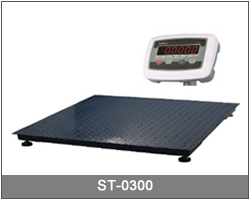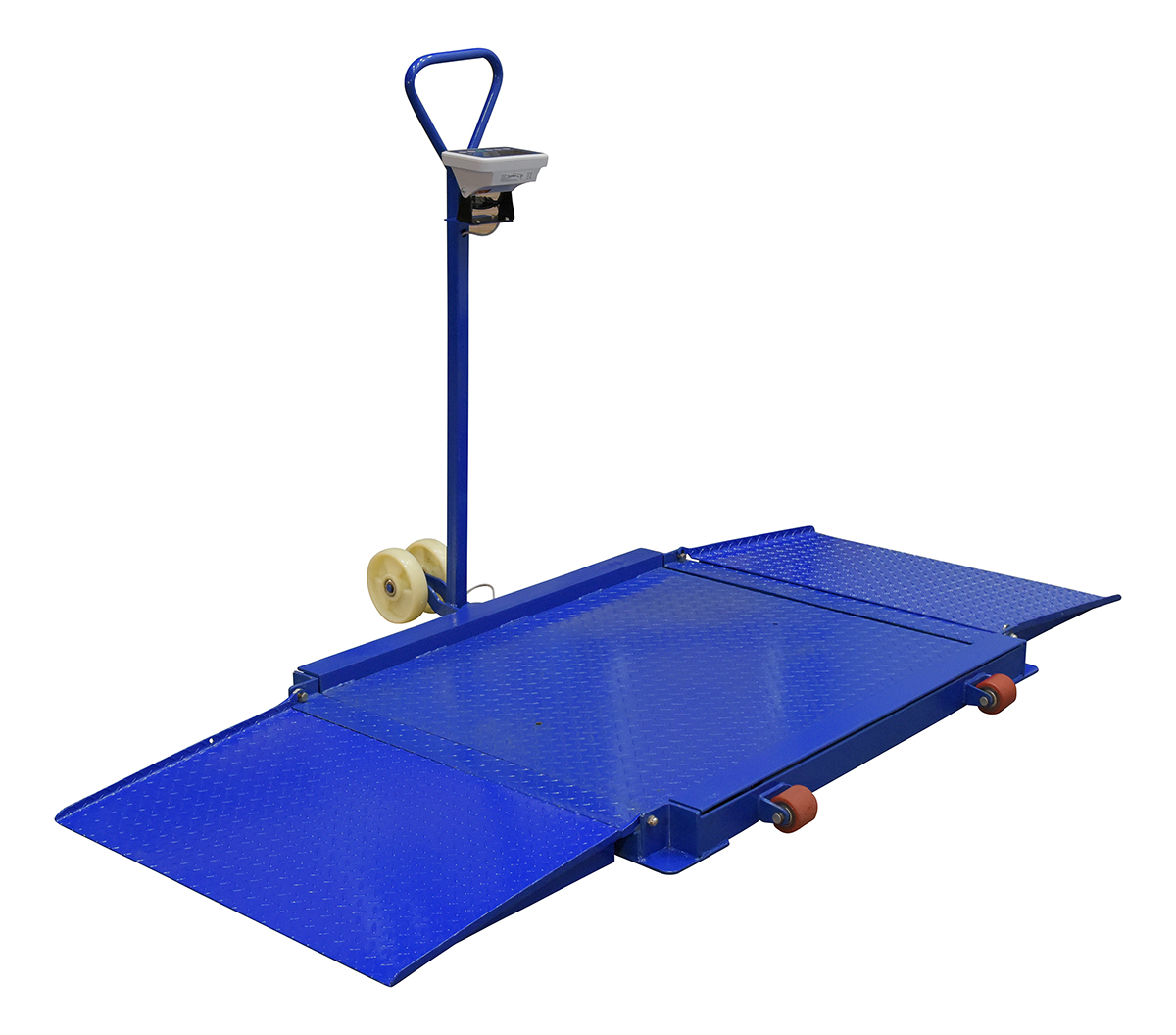Exploring the Latest Innovations in Industrial Scales for Modern Businesses
Exploring the Latest Innovations in Industrial Scales for Modern Businesses
Blog Article
Just How Commercial Scales Work: An Extensive Summary for New Users
Comprehending the auto mechanics behind industrial ranges is critical for brand-new individuals who want to guarantee accuracy in their measurements. As we discover these parts, one must consider just how these aspects connect to enhance efficiency in diverse commercial applications.
Basics of Industrial Scales
Industrial ranges are vital tools used across different industries, consisting of manufacturing, logistics, and farming, to guarantee exact weight measurements of hefty loads. The basic concept behind industrial ranges involves the conversion of weight into a measurable form that can be presented digitally or analogically. These scales utilize numerous mechanisms, such as lots cells or mechanical levers, to establish the weight of objects put upon them.

Along with their measurement capabilities, commercial ranges are created to stand up to extreme atmospheres, featuring robust construction that stands up to dirt, wetness, and heavy impacts. Calibration and upkeep are vital to make certain accuracy, as also minor discrepancies can bring about substantial monetary ramifications. By understanding the essentials of commercial ranges, users can value their relevance in different industrial applications.
Types of Industrial Scales
Various kinds of industrial ranges provide to the diverse demands of different industries, each created to deal with specific considering tasks with accuracy and dependability. Among one of the most common kinds are floor ranges, which are perfect for weighing hefty and bulky products. These scales normally feature huge platforms and can fit palletized goods, making them crucial in storage facilities and delivery facilities.
Another type is bench ranges, which are frequently made use of for smaller sized items in manufacturing and retail setups. They provide precise dimensions for items that call for precision, such as chemicals or parts in production line (Industrial Scales). For mobile procedures, mobile scales provide versatility and convenience of transport, suitable for fieldwork or momentary installments
In addition, specialized scales like checkweighers are used in manufacturing lines to maintain high quality control by making sure that items satisfy weight specs. Each type of industrial scale plays a critical role in boosting functional effectiveness and accuracy across various fields.
Just How Considering Systems Work
Weighing devices are essential parts that allow precise measurement of mass throughout different industrial ranges. These systems utilize numerous concepts of physics and engineering to give exact weight readings, essential for supply administration, quality assurance, and conformity with regulative standards.
One usual sort of considering system is the load cell, which runs on the principle of pressure assesses. When a load is used, the load cell warps slightly, creating an electrical signal symmetrical to the weight. This signal is then transformed into a readable weight measurement by the range's electronics.
An additional commonly made use of system is the mechanical equilibrium, which employs a system of bars and weights. Industrial Scales. This technique relies on the concept of balance, where the weight of the things being measured is stabilized versus understood weights, permitting straight dimension
Additionally, hydraulic and pneumatically-driven scales utilize fluid characteristics principles to determine weight. These systems make use of the pressure applied by a load to figure out weight, offering high accuracy for substantial loads.
Appropriate Use Techniques
When making use of industrial scales, sticking to correct use techniques is vital for maintaining and guaranteeing precise dimensions tools honesty. It is necessary to pick the appropriate scale for your specific application, as scales vary in capacity and precision.
Before weighing, guarantee that the scale is put on a steady, level surface complimentary from disturbances or vibrations. This will help to minimize errors brought on by external factors. Additionally, adjust the range according to the supplier's requirements before utilize, guaranteeing that it is working correctly.
When placing items on the range, disperse the weight uniformly to prevent tipping or damaging the tools. Always allow the range to maintain prior to tape-recording the weight, as fluctuations may take my site place throughout preliminary placement. For bulk products, utilize containers that are suitable for the scale dimension to avoid overloading.
Moreover, prevent placing extremely warm or cold items straight on the scale, as temperature level variations can impact accuracy. Keep the weighing platform cost-free click for source and clean of debris to prevent contamination and make certain trustworthy results. By complying with these techniques, individuals can make best use of the performance and long life of their industrial ranges.
Maintenance and Calibration Tips
Making sure the longevity and precision of commercial scales calls for persistent upkeep and regular calibration. A precautionary upkeep schedule is crucial; it should include regular inspections to determine damage, particularly on tons cells and various other sensitive elements. Consistently cleaning the scale's surface area and making certain the surrounding area is cost-free from debris will assist preserve its honesty and performance.
Calibration is equally necessary and need to be performed at routine periods or whenever the range experiences substantial changes in temperature, humidity, or physical variation. Make use of qualified calibration weights that are deducible to national standards for accuracy. Paper each calibration session meticulously to track performance in time and determine any type of fads or recurring issues.
Train all drivers on proper scale usage and upkeep procedures to make sure consistent performance and precision. By adhering to these maintenance and calibration tips, customers can improve the reliability of their commercial ranges, guaranteeing optimal procedure in any type of setting.
Conclusion

Recognizing the technicians behind commercial ranges is crucial for brand-new customers that want to ensure accuracy in their measurements.Industrial scales are essential devices used across various sectors, consisting of manufacturing, logistics, and farming, to ensure exact weight measurements of heavy lots. The fundamental principle index behind commercial ranges involves the conversion of weight into a quantifiable kind that can be shown digitally or analogically. By understanding the basics of commercial scales, users can value their relevance in various industrial applications.
In final thought, recognizing the procedure and upkeep of commercial scales is crucial for ensuring exact weight measurements in various applications. (Industrial Scales)
Report this page